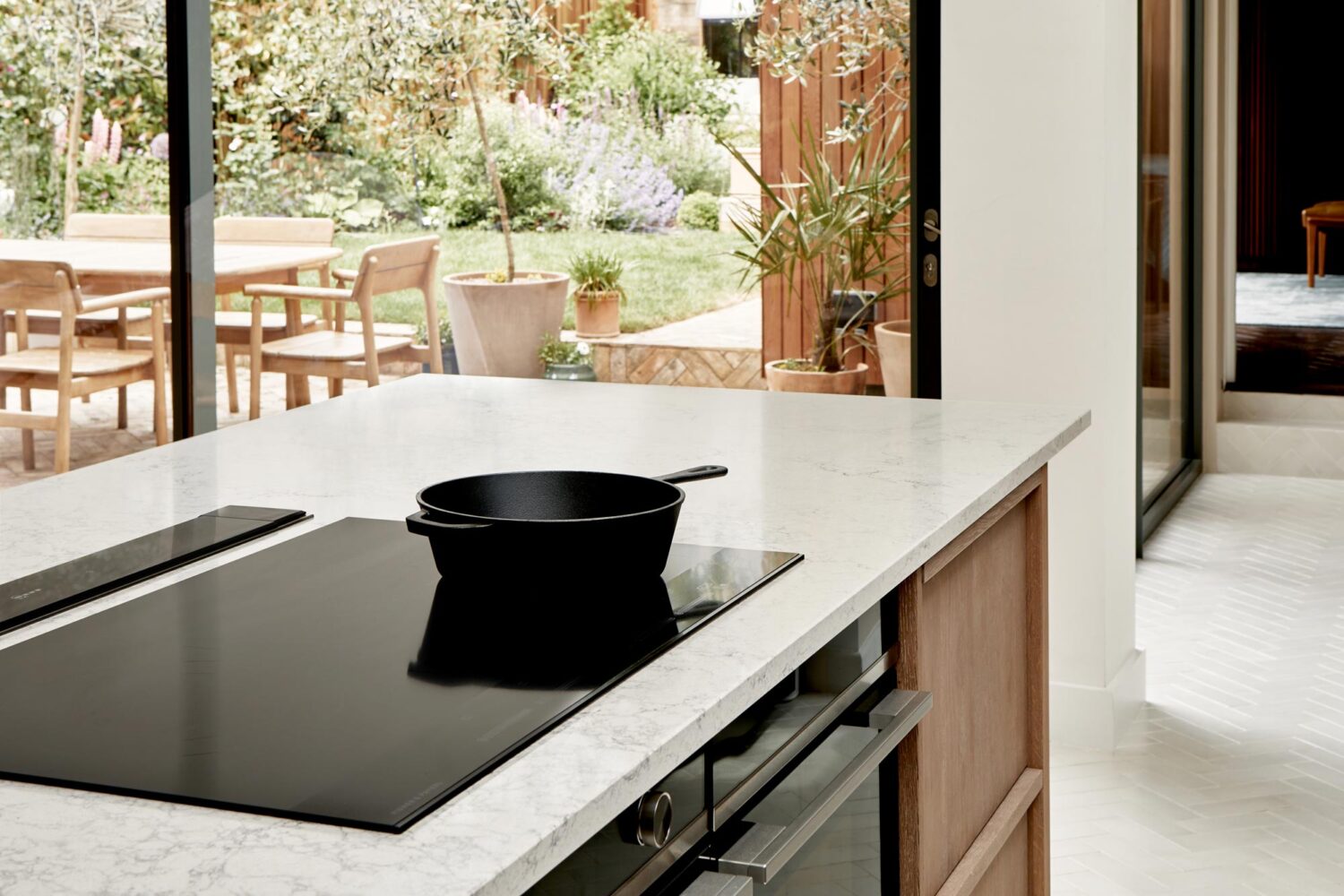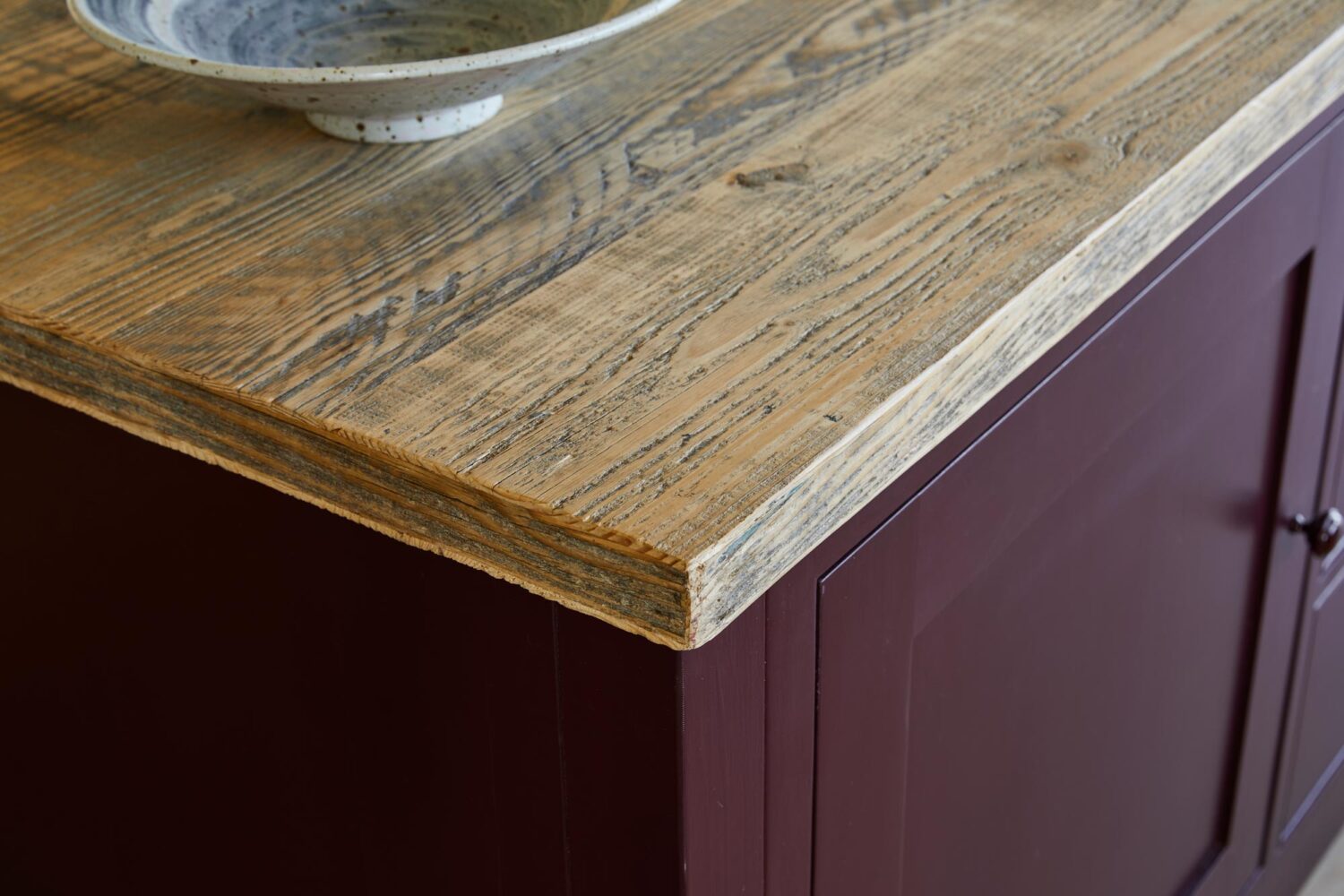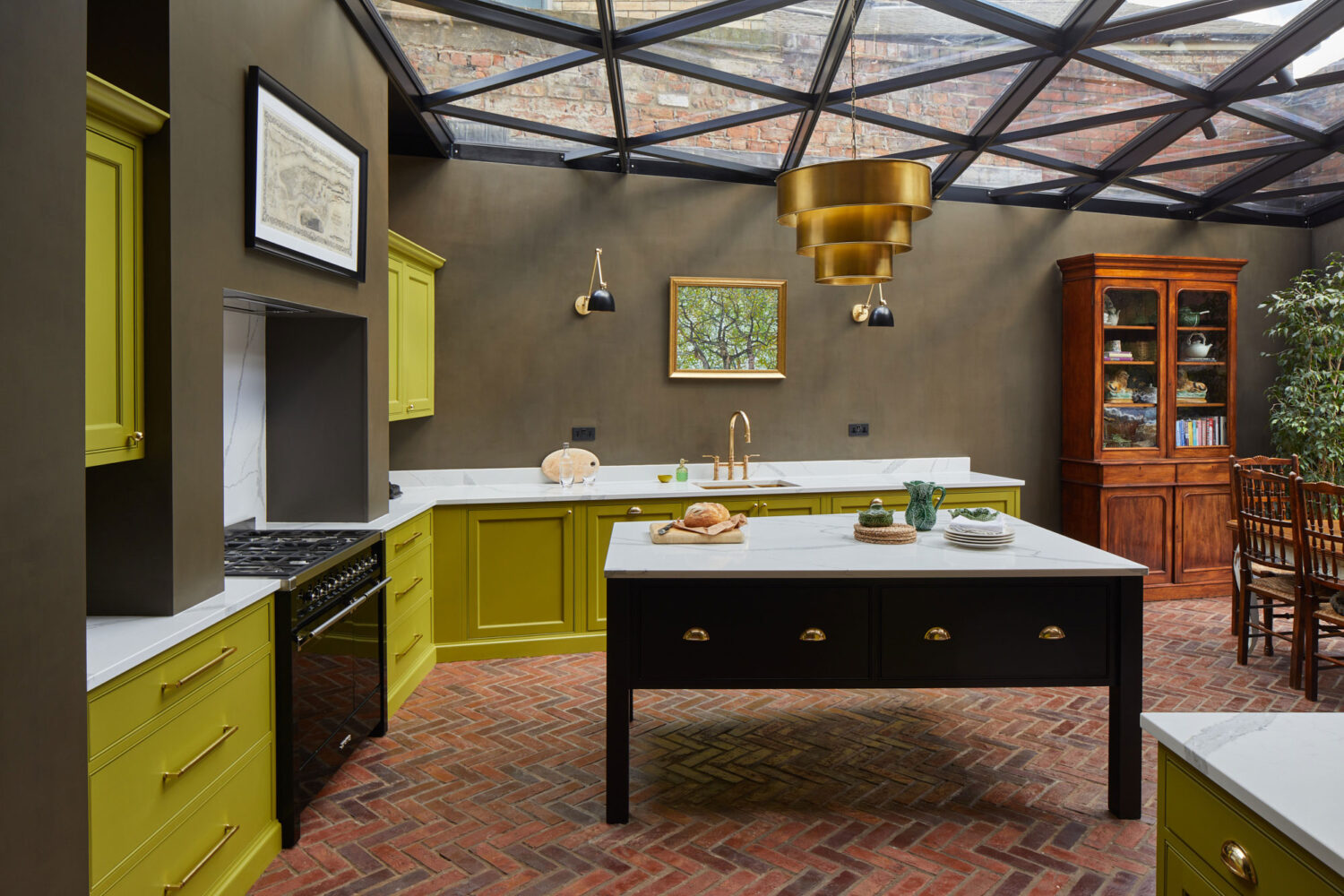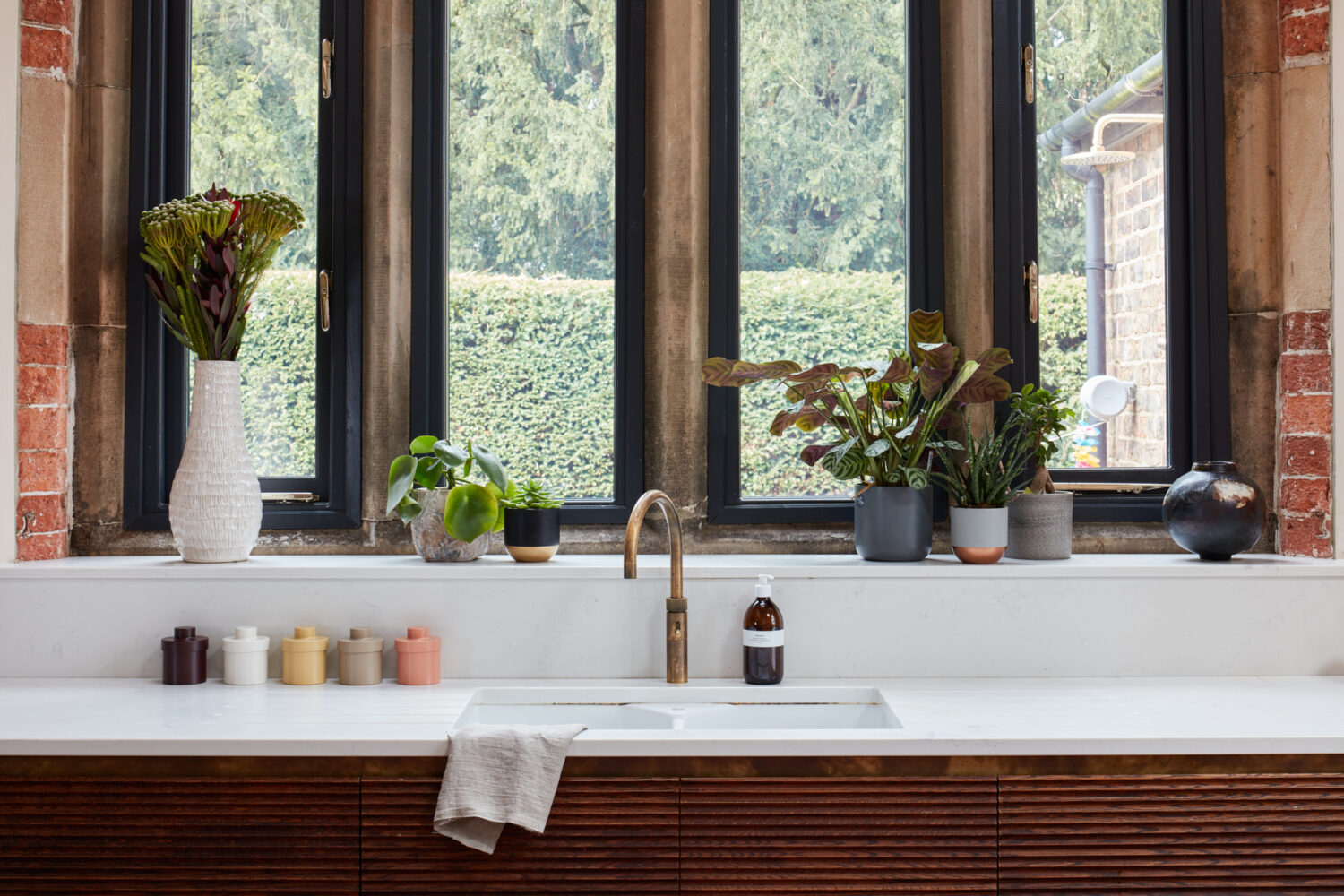In a world where environmental consciousness is becoming increasingly crucial, every aspect of our lives, including our homes, is under scrutiny. One area that holds great potential for positive change is the kitchen, the heart of our homes. Sustainable kitchen design is not just a trend; it’s a responsible choice that aligns with the urgent need to protect our planet. Let’s explore the key elements of sustainable kitchen design and how you can transform this essential space into an eco-friendly haven.
Energy-Efficient Appliances
The first step towards a sustainable kitchen is choosing energy-efficient appliances. Opt for products with the Energy Star label, indicating they meet strict energy efficiency guidelines. Investing in appliances that consume less energy not only reduces your carbon footprint but also lowers your utility bills over time.

Durable and Eco-Friendly Materials
Selecting the right materials is pivotal in sustainable kitchen design. Choose cabinets, countertops, and flooring made from durable and renewable resources. Bamboo, reclaimed wood, recycled glass, and stainless steel are excellent choices that not only enhance the aesthetic appeal of your kitchen but also contribute to a healthier planet. With over four decades of expertise in supplying reclaimed wood, we assure you of the highest quality and unmatched service. Our extensive experience sets us apart, and we are committed to delivering the best products to meet your needs while being sustainable.

Natural Light and Ventilation
Embrace the power of natural elements by maximising natural light and ventilation in your kitchen. Optimise window placements to harness sunlight during the day, reducing the need for artificial lighting. This not only saves energy but also creates a bright and inviting atmosphere.

Water-efficient Fixtures
Water is a precious resource, and a sustainable kitchen should prioritize water conservation. Install water-efficient faucets and consider investing in a high-efficiency dishwasher. Collecting rainwater for irrigation is another eco-friendly practice that can be incorporated into your kitchen’s design, promoting self-sufficiency.

Smart Design for Space Optimisation
Efficient space utilization is a key aspect of sustainable kitchen design. Plan your layout to minimize unnecessary square footage and optimize storage. This not only reduces material usage but also encourages a clutter-free environment, promoting a more mindful and sustainable lifestyle.

As we strive towards a more sustainable future, our homes can serve as a starting point for positive change. A sustainable kitchen is more than just an aesthetically pleasing space; it’s a commitment to responsible living. Let’s embrace the challenge of creating spaces that not only nourish our bodies but also contribute to the well-being of our planet! Get in touch with us today regarding any kitchen design requirements.
